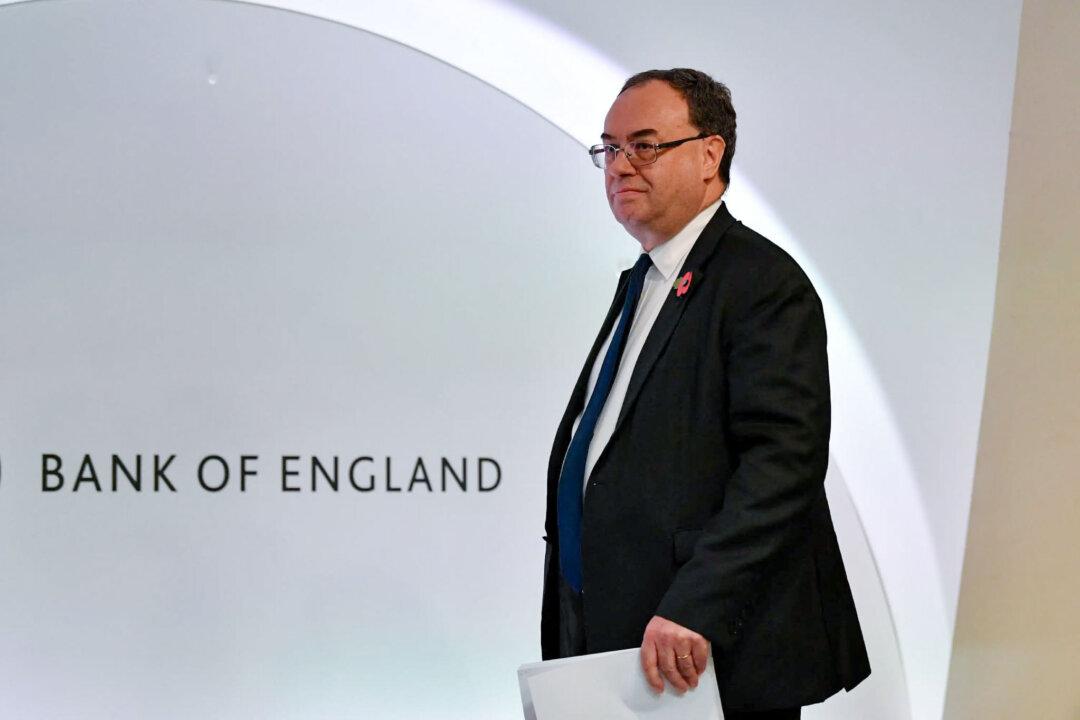Financial struggles and the effective bankruptcy of local authorities can have an “extreme and long-lasting effect” amid the piling up debt, officials have warned.
The Public Accounts Committee discussed on Monday the issue of staggering debt experienced by councils across the country.
Committee Chair Dame Meg Hillier said that “squeezed spending power” and ageing populations were among the factors pushing councils to borrow large sums.
Local authorities that have to then pay off the debt affects their ability to provide services for their residents.
“Some of the outlier examples of high local authority debt are staggering. And the impact on services for residents is liable to be extreme and long-lasting,” Dame Meg said.
The warning comes after a number of councils in England had to issue Section 114 notices, meaning their expenditure exceeded their resources, and many have reported growing debt.
In September, Birmingham City Council became the latest to announce its effective bankruptcy. The Labour-run council—the largest local authority in the UK—failed to settle a £760 million bill on equal pay claims and a flawed and costly IT system.
The government appointed commissioners to take over the council and scrutinise its strategic and financial decisions. Similar provisions have been made for Woking, Thurrock, Liverpool, and Sandwell councils.
Among the factors that have contributed to the financial collapse of some councils are inflationary pressures, an increased demand for services, under-funding, and unsuccessful investment in commercial ventures.
A few councils with commercial investments gone wrong, including Thurrock, Working, and Nottingham City, are now facing major cuts to their services.
The council of Spelthorne, with an outstanding debt of more than £1 billion as of September 2023, has made a number of investment asset acquisitions. The council said it was necessary in order to “offset the impact of disappearance of government grants.”
Overall, the combined debt of councils in England is more than £102 billion, while the sum for Scotland is slightly over £14 billion. Wales councils follow with debt of more than £5 billion.
Local authorities burdened with the inability to meet their financial liabilities usually halt all new spending, with the exception of protecting vulnerable people and statutory services.
As commissioners seek ways to raise money, they can decide to sell off the councils’ assets. In case of Birmingham Council, it could include the city library, land, and the council’s stake in Birmingham Airport.
Another way of cutting costs and raising money for local authorities is to increase council tax and reduce staff.
On Jan. 13, Woking Council leader Ann-Marie Barker announced an increase of council tax of up to 10 percent from April, as well as changes in service.
“I know residents will find any increase difficult in the current economy. It is not an increase that I want to make, but is necessary to ensure the council can set a balanced budget,” she said.
Measures that take away from council services available to residents and the number of people providing these services is part of the “extreme” impact highlighted by Dame Meg.
Her comments come as councils are working on their budgets for the new financial year.
“There is no question that this is the most difficult budget Thurrock Council has ever set,” said Thurrock Council leader Andrew Jefferies.
Meanwhile, the government has allocated £9.5 billion in levelling up funding in support of over 4,000 local projects, to be spent by March 31, 2026. The Public Accounts Committee has also reported that a further £1 billion in funding has yet to be awarded.







